

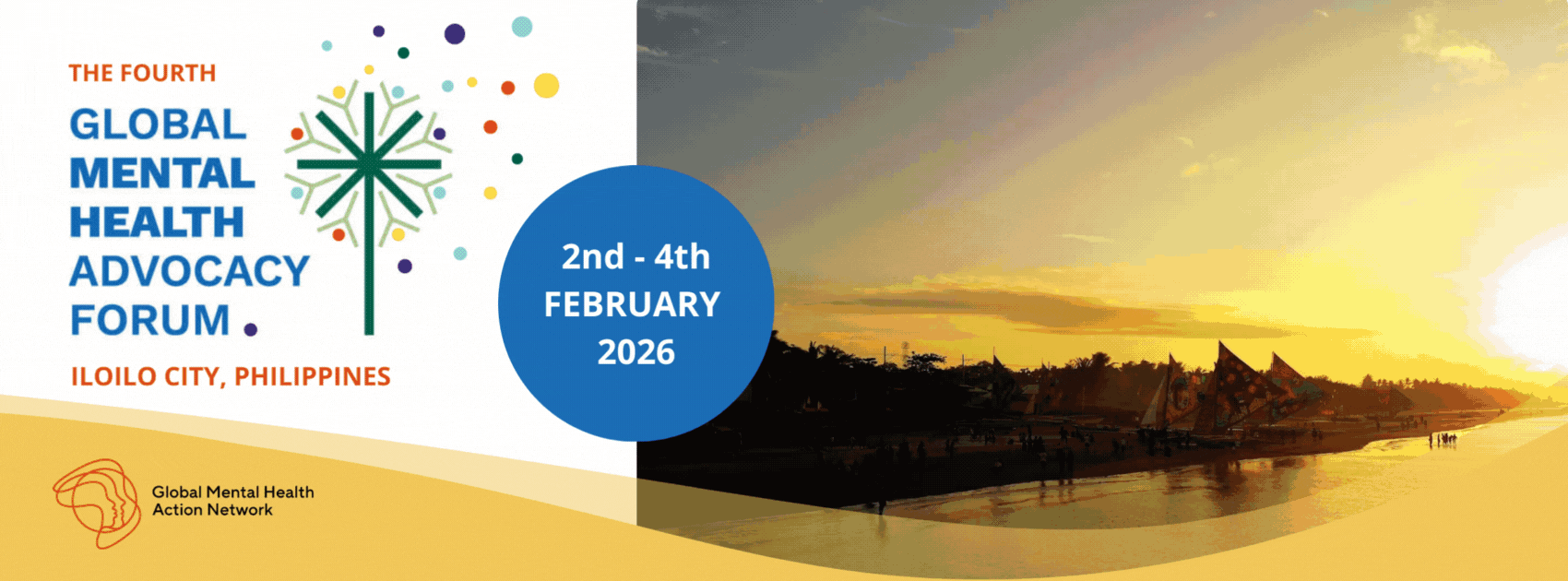
Our events are always completely free for everyone. At the Action Network, we are committed to reimagining the global mental health landscape and ensuring no voice is left behind.
We are delighted to share that over 2,100 global advocates, leaders, and changemakers have registered for this special event, with more than 500 attendees joining us in-person in Iloilo City, the Philippines! Online and in-person registrations are fully booked. While we won’t be running a waitlist for this event, please join our Network to learn about future events.
Please note that our office will be closed for the holidays. During this time, please only contact events@gmhan.org for any urgent queries regarding your participation in the event. Additional registration requests cannot be accommodated at this time. Thank you for your patience and understanding.














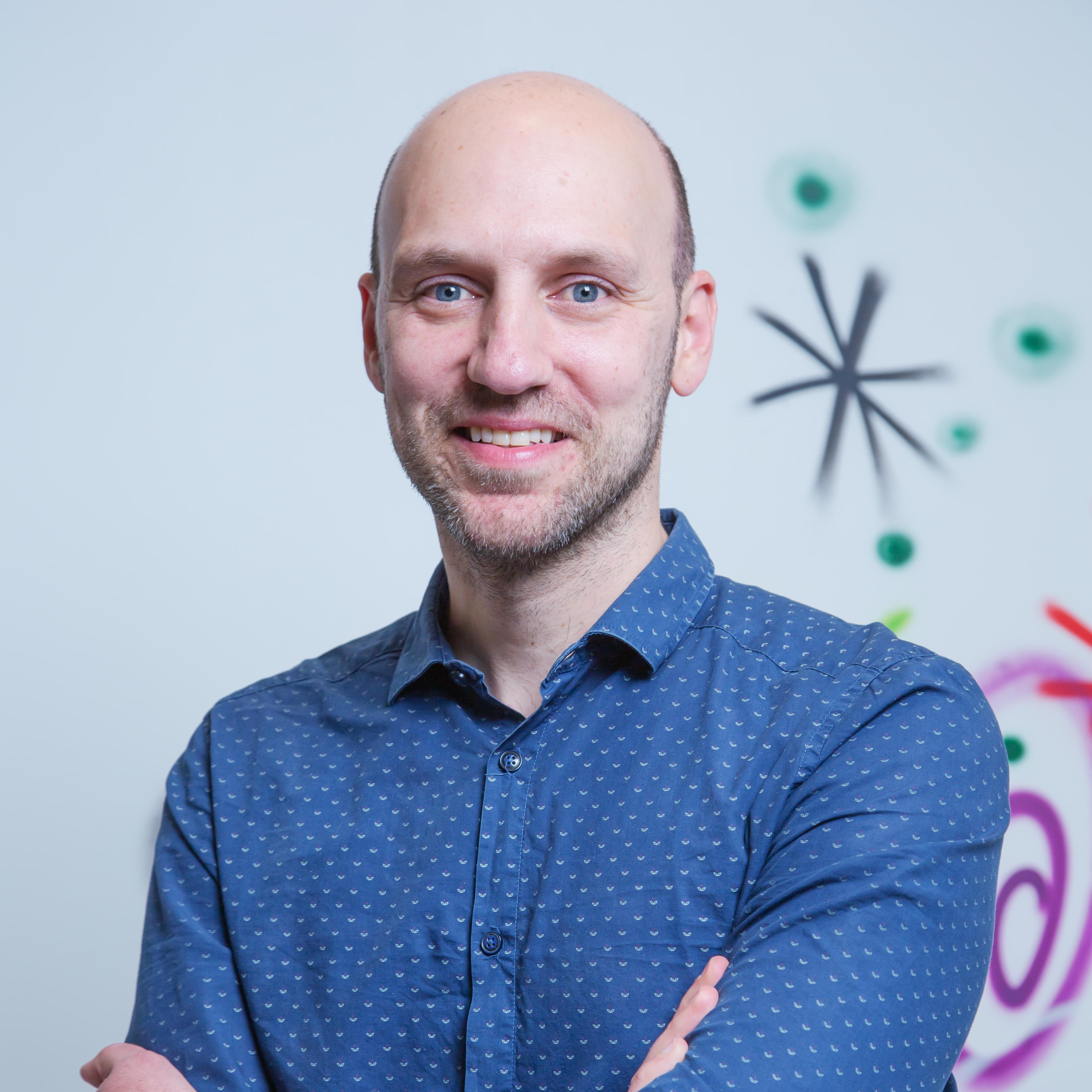









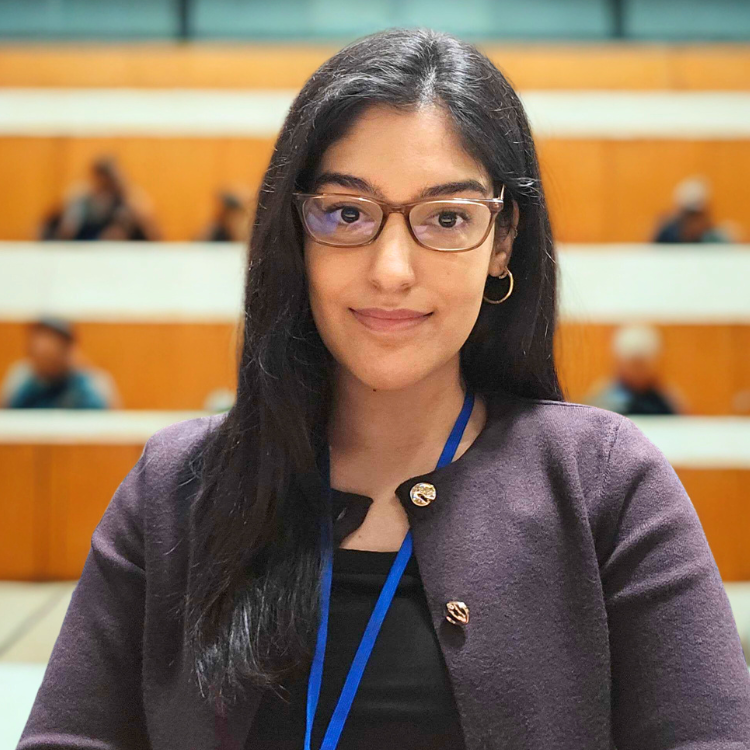



















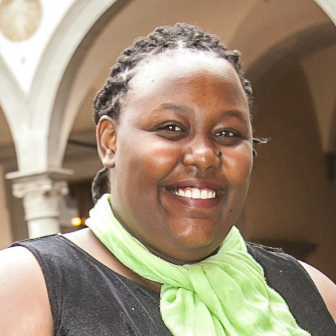















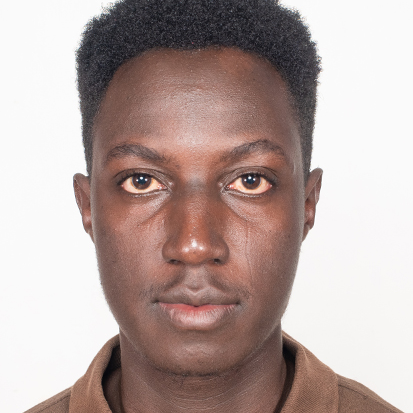























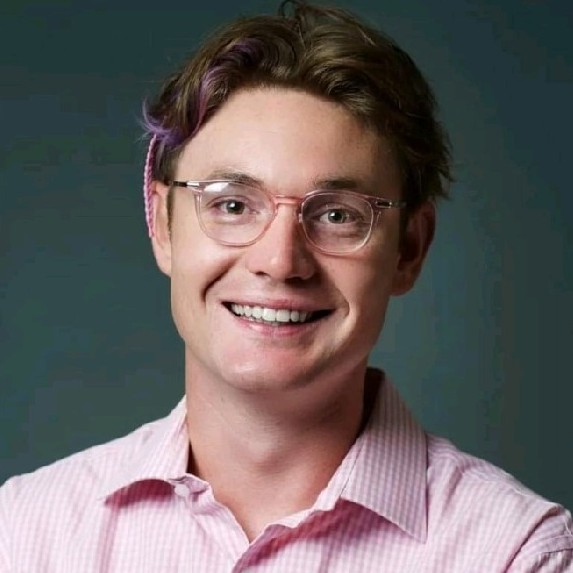













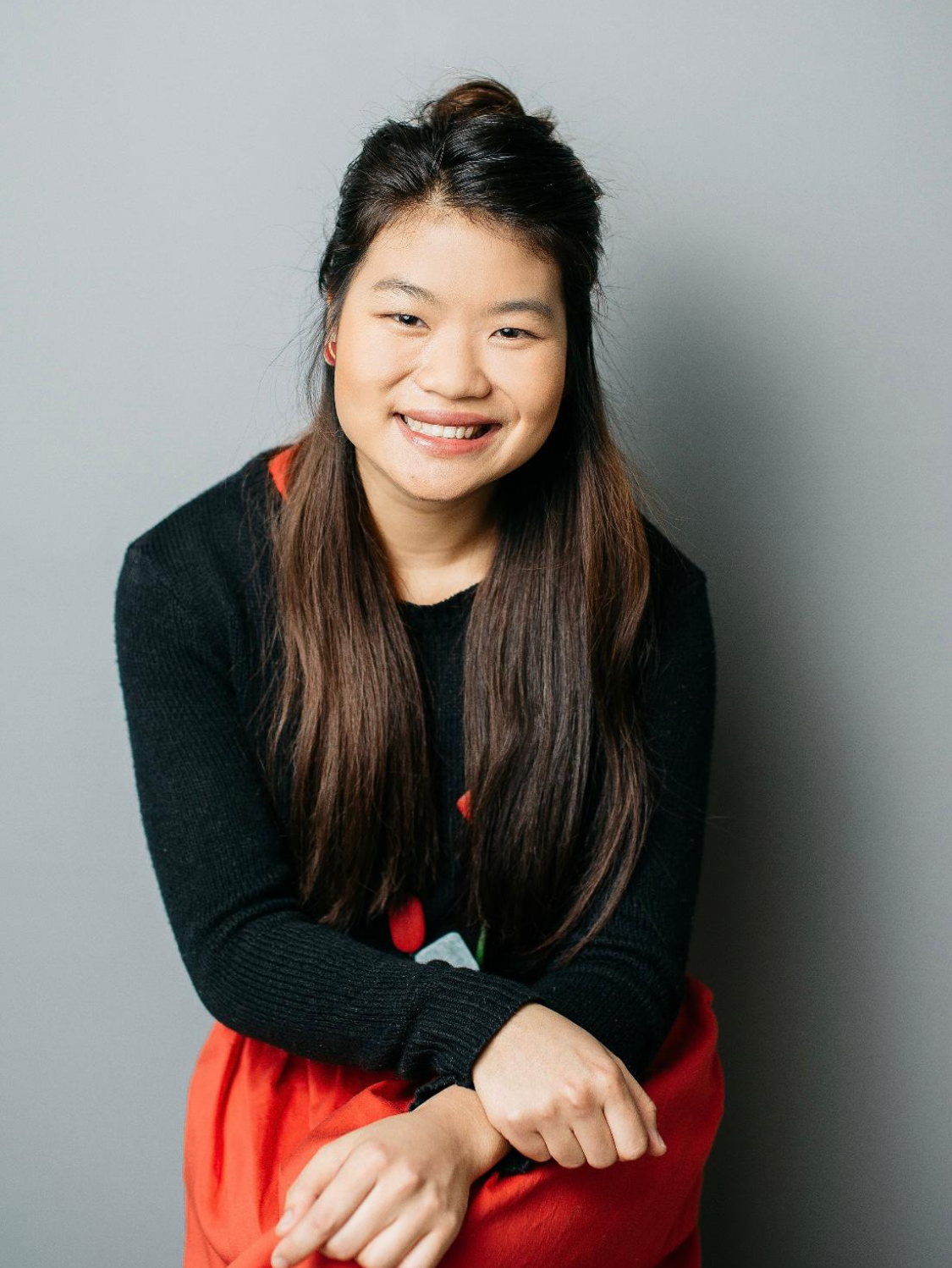















































The Philippines has made incredible progress in mental health, from upgraded legislation, to leading digital innovations and significant government funding commitments. There’s so much we can learn from these achievements, as well as the country’s traditional and local approaches to power sharing, healing and community development. Iloilo City is the perfect place to showcase them.
Iloilo is a bold and meaningful choice. The city is known for its progressive approach to sustainability, climate action, and mental health education in schools. It is deeply rooted in history, with preserved heritage sites, and an exciting food scene that landed it the prestigious title of 'UNESCO City of Gastronomy' in 2023. We look forward to welcoming you to the Philippines' 'City of Love' next year!
The Philippines has made incredible progress in mental health, from upgraded legislation, to leading digital innovations and significant government funding commitments. There’s so much we can learn from these achievements, as well as the country’s traditional and local approaches to power sharing, healing and community development. Iloilo City is the perfect place to showcase them.
Iloilo is a bold and meaningful choice. The city is known for its progressive approach to sustainability, climate action, and mental health education in schools. It is deeply rooted in history, with preserved heritage sites, and an exciting food scene that landed it the prestigious title of 'UNESCO City of Gastronomy' in 2023. We look forward to welcoming you to the Philippines' 'City of Love' next year!

This site uses cookies to provide essential functionalit and, to help us understand how people find and use the site.
Select Accept to consent or Reject to decline non-essential cookies for this use.